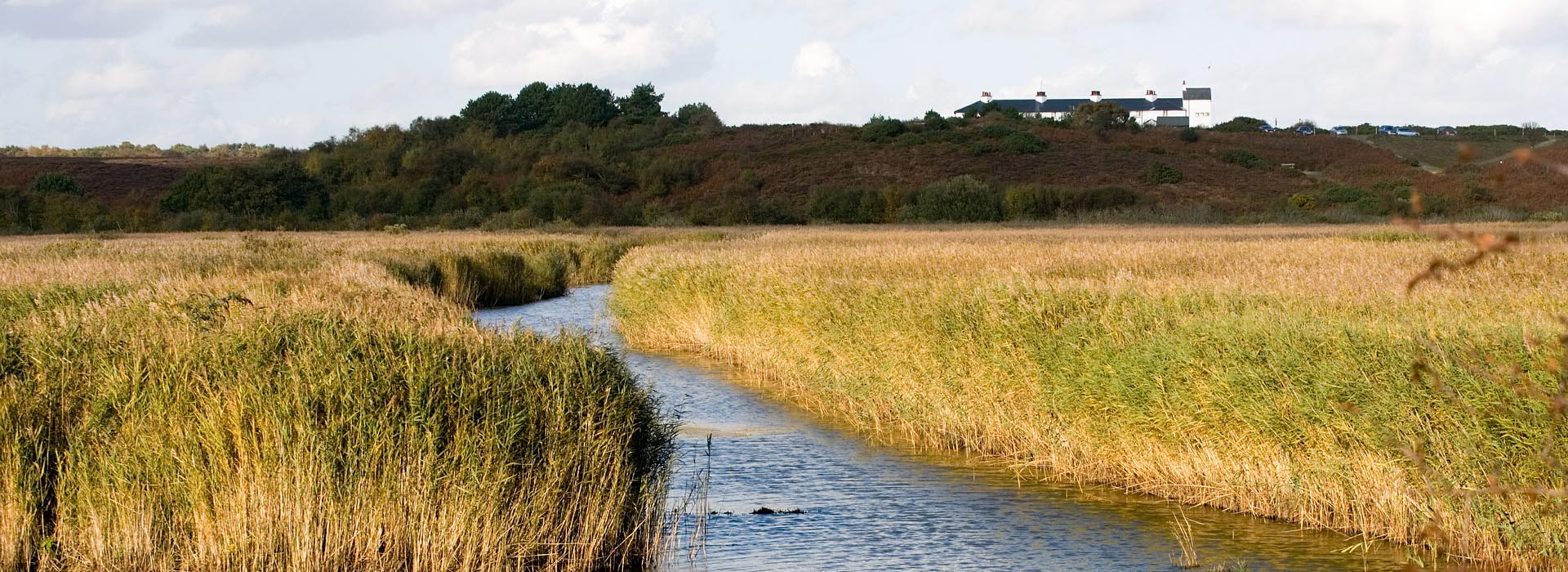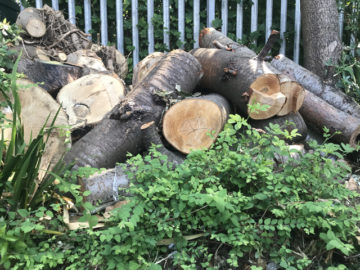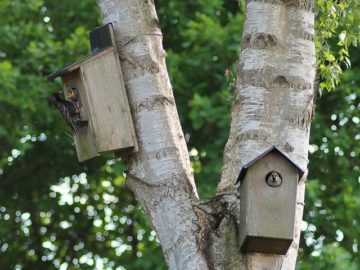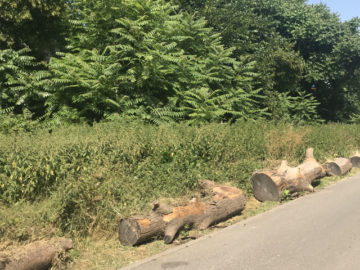
MICROBEE environmental’s Ecology Team specialises in a wide range of Habitat Mangement services.
Our team offer a range of habitat management plans to help improve sites for ecological reasons, or the help boost the biodiversity of a site, (particular in urban areas).

Habitat Management for Wildlife
There are many ways to enhance habitats with regards to wildlife. For reptiles and amphibians, long grass margins, log piles and rubbles/stone piles are all suitable habitats that will attract these species. Dormice require hedgerow with connectivity to several woodlands to thrive, while birds require mature trees and hedgerow to nest in. The inclusion of a low maintenance wildflower meadow at a site can massively increase the biodiversity; it will attract a wide range of insects, which in turn attract other animals such as birds and amphibians.
If you would like to discuss your requirements or would like to arrange a site visit with one of our ecologists contact our team.

Habitat Management: Nest Boxes
Our ecologists are experienced in nest box installation and maintenance. Often, nest boxes are installed by landscapers/gardeners who are not familiar with the ecological requirements for different species. Therefore the uptake of the boxes is not as high as it could be. Nest boxes are cost effective and bring value to residents of a development. They can also provide protection from natural predators, such as grey squirrels.We have experience installing boxes in both rural and urban environments.
There are many types of boxes for different species, including:
Bird boxes – There are many species specific boxes for different bird’s needs, such as sparrows, tit species, tree creepers and larger birds such as woodpeckers. Boxes should be placed at the correct height and orientation to maximise the likelihood of occupancy.
Bats – There are specific designs for summer occupation, hibernation and maternity roosts. They should be placed in the correct habitat at a certain height and orientation.
Insects – There are different types of insect homes available; the most popular ones are those for bees. Bumble bee huts are placed on the ground in a sunny patch with cover, while solitary bee huts (made with bamboo shoots) can be placed on a post in a sunny area, neither too close to occupied areas.
Nest boxes should always be inspected on at least an annual basis (remember that bat boxes require a licences worker to check them). At our checks we clean and sterilise boxes (to prevent the spread of avian diseases such as trichomonosis) and provide a full report detailing the uptake of the boxes. For a quote for nest boxes please contact our ecology team. Quite often a biodiversity site survey is required to be able to provide a tailored quote.
For further information contact our Ecology team.

Habitat Maintenance
Unfortunately it is common for sites to be designed and created with ecological aspects in mind, only for them to fall into a state of poor maintenance. If left too long in this state they can actually have a negative impact on the environment, as well as reducing the aesthetic appeal of a site.We can both advise on a management plan as well as carry out the works where required. This can involve anything from bramble removal to native tree and wildflower planting to reed bed management.
For further information contact our Ecology team.

Habitat Management: Ponds / Lakes / Reed Beds
We have extensive experience in water feature management, particularly in monitoring water samples and analysing chemical balance in pools and natural ponds. We can recommend measures to reduce algal growth and biting insect populations, and can also provide services to monitor and remove algae as part of a maintenance programme.e have experience in creating and managing both natural and man-made pools (as water features in urban environments), which can involve adding suitable aquatic plants and fish. In the past we have worked on projects involving designing reed bed habitats.
For further information contact our Ecology team.
Our Ecology Credentials
The Microbee Ecology team are friendly professionals trained to a very high level. We hold a wealth of industry-specific certifications so you can be sure you are in good hands.
- Microbee has BSc, MSc, MRes and PhD qualified specialists who are experts in a wide variety of environmental management services.
- All our Biologists, Zoologists and Ecologists have a Bachelor of Science, Master of Science or Doctorate degrees.
- Specialist staff have role specific training and qualifications such as phase 1 and 2 habitat surveyor.
- Many of our Technicians are security cleared to work on Government premises.
- All our staff work in a discreet way when on our clients’ premises.
- CHAS accredited, UVDB registered, Safe Contractor, Safe4site accredited and many more.
Get in touch
To find out more about our services, or to arrange an appointment call us today on:
020 8540 9968
Alternatively, complete the contact form below and a member of our team will be in touch.
We respect your privacy – your details will only be used to reply to your enquiry
